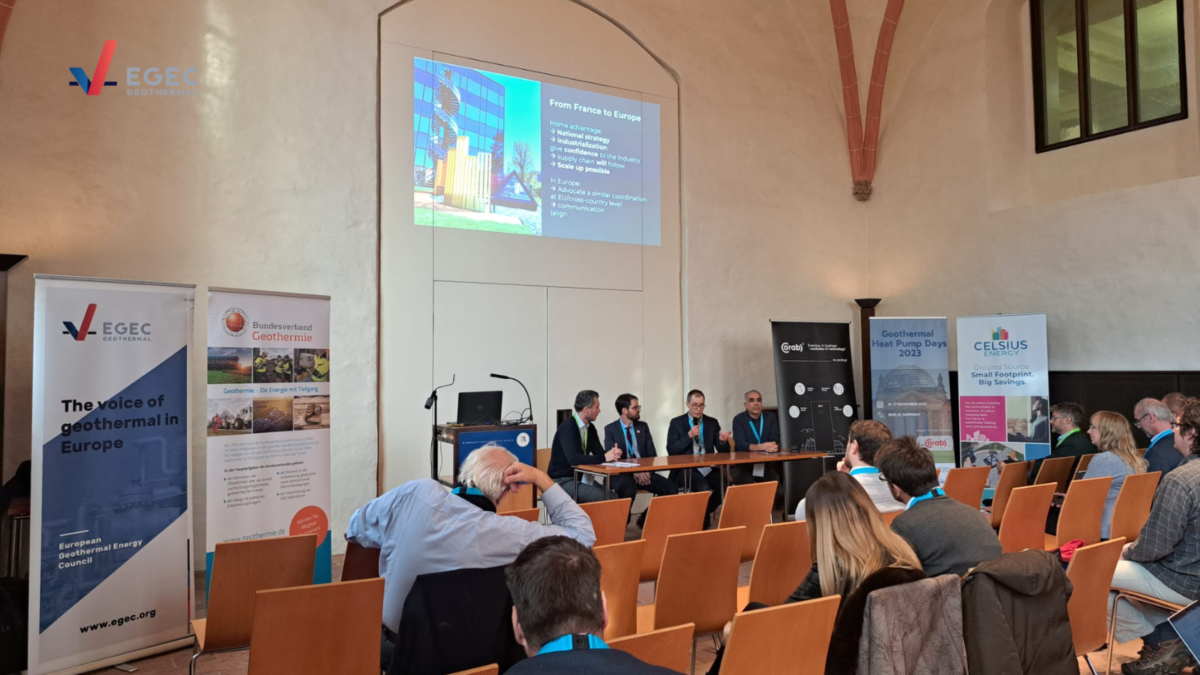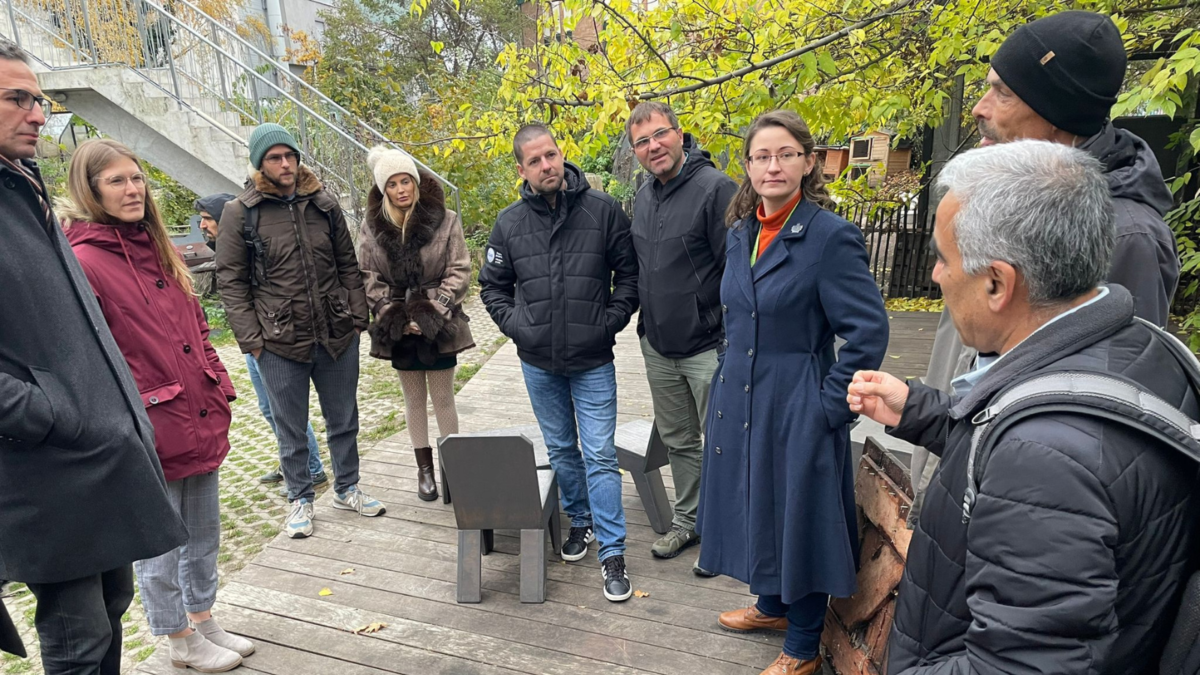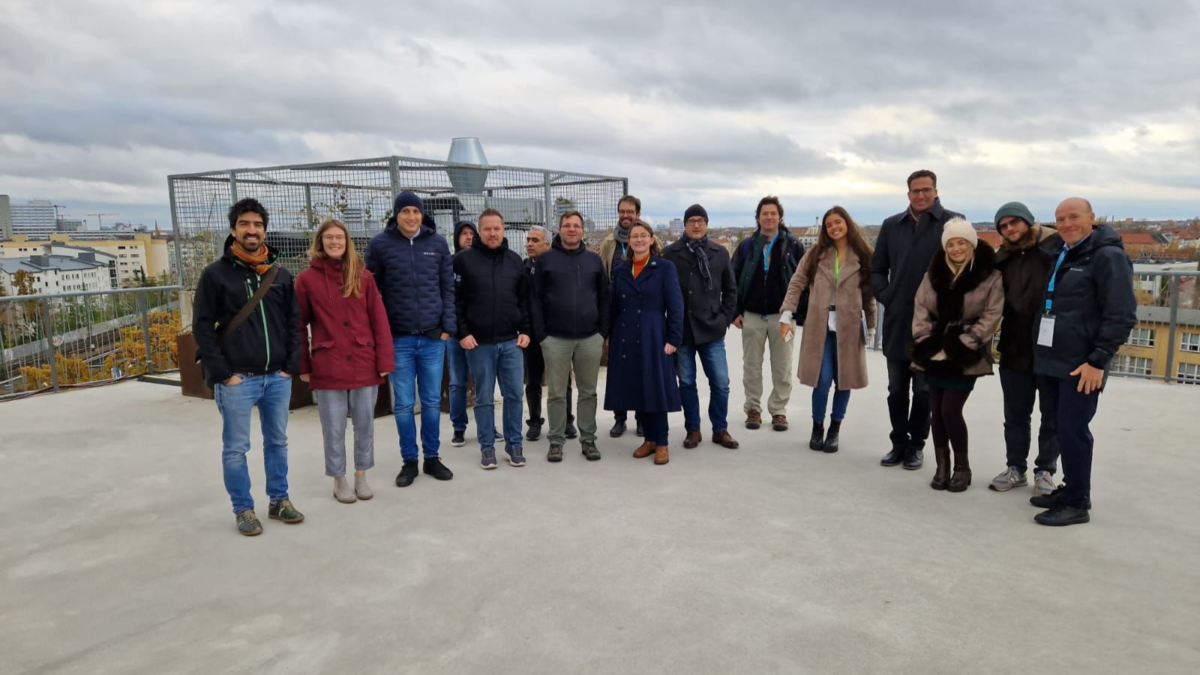The European Geothermal Heat Pump Days 2023, held in Berlin, Germany, brought together approximately 100 participants from across Europe, fostering a dynamic platform for collaborative discussions, valuable insights, and networking opportunities within the geothermal energy community. The event showcased ground-breaking presentations and highlighted the latest geothermal heating and cooling technologies developments.
Presentations are available HERE. (Password is only available for the participants).
The event’s success would not have been possible without the generous support of our sponsors, CORAB S.A. and CELSIUS ENERGY. Their commitment and contributions were vital to making the Geothermal Heat Pump Days 2023 a resounding success.


The first day of the event featured a series of engaging sessions, starting with notable speakers included Britta Behrendt from the Berlin Senate and Silvia Rezessy from EC-DG Energy. The challenges to deployment session delved into the complexities of the supply chain for geothermal energy in Europe. Giovanni Sosio (Celsius Energy) provided insights into the challenges in the French market. The session also featured a panel discussion on the future role of geothermal heat pumps by 2030.
The afternoon sessions explored innovative practices of geothermal heat pumps across Europe, addressing topics such as high-temperature heat pump demonstrators, unidirectional Aquifer Thermal Energy Storage (ATES), and the feasibility of drilling methods for borehole heat exchangers. The day concluded with a session on removing barriers for geothermal heating, including an overview of support schemes, developments in the Polish heat pump market, ITGBES design tool for Ground Source Heat Pump, and a discussion on skills for geothermal heat pump deployment.
The second day commenced with a focus on removing barriers to geothermal cooling, exploring trends in cooling technologies, assessing future growth in cooling demand, and providing guidelines for integrating GSHP systems into historic buildings. The day continued with a session on innovative practices, covering topics such as simplified water-source heat pump models, the development of innovative GSHPs, the efficiency of CO2-based energy networks, the use of hybrid bore fields, spatio-temporal developments in Austria, the promotion of innovative modular geothermal solutions, and the University of Stavanger’s approach to geothermal heat pump system development.
The event concluded with a field trip to the LoBe Building and a presentation about the Humboldt Forum, offering participants a firsthand look at the practical applications of geothermal technologies.
Presentations are available HERE. (Password is only available for the participants).



BE SOCIAL & SHARE